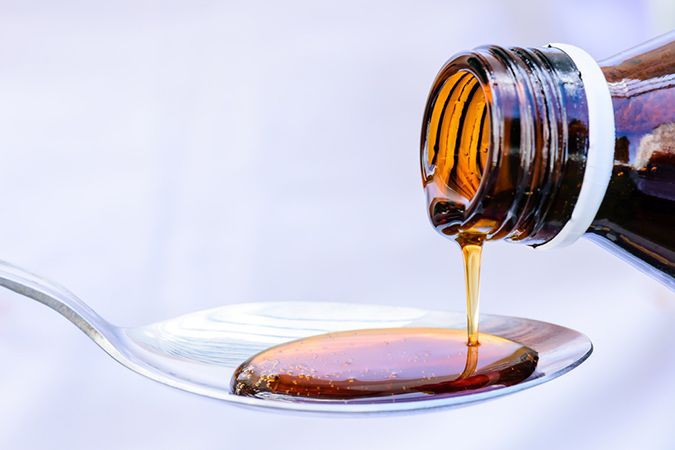India’s drug regulator, the Central Drugs Standard Control Organisation (CDSCO), has recommended that cough syrups undergo testing in government laboratories before being exported, according to media reports. This proposal comes in the wake of incidents last year where Indian-made cough syrups were linked to numerous deaths in Gambia and Uzbekistan. The Ministry of Health in India confirmed receiving the proposal from CDSCO and is currently reviewing it. The proposed measure entails conducting tests on the finished cough syrup products at various government or state-run laboratories before they are exported. Additionally, the CDSCO has suggested making it obligatory for exporters to provide a “certificate of analysis” from an approved laboratory for each batch of cough syrup being exported. However, the ministry has not yet commented on these recommendations.
Last year, India’s pharmaceutical industry suffered a significant setback when cough syrups produced by two companies near New Delhi were found responsible for the deaths of at least 70 children in Gambia and 19 in Uzbekistan. The World Health Organization (WHO) disclosed that the syrups manufactured by Maiden Pharmaceuticals Ltd, which were exported to Gambia, contained toxic substances such as ethylene glycol (EG) and diethylene glycol (DEG) – commonly used in car brake fluid. Similarly, in Uzbekistan, children died after consuming cough syrup produced by Marion Biotech, which was found to be contaminated with EG or DEG.
Both Indian companies involved have vehemently denied these allegations. Unscrupulous actors may use ingredients like EG and DEG as substitutes for propylene glycol, a key component in syrup-based medicines, due to their lower cost. The Indian drug regulator informed the WHO in December that the propylene glycol used by Maiden and Marion was sourced from separate suppliers based in Delhi. By proposing testing in government laboratories and requiring a certificate of analysis for exported batches, India aims to enhance the quality control of cough syrups and prevent any potential harm to consumers abroad. These measures, if implemented, would provide additional safeguards and reinforce confidence in India’s pharmaceutical exports, which are valued at $41 billion.


